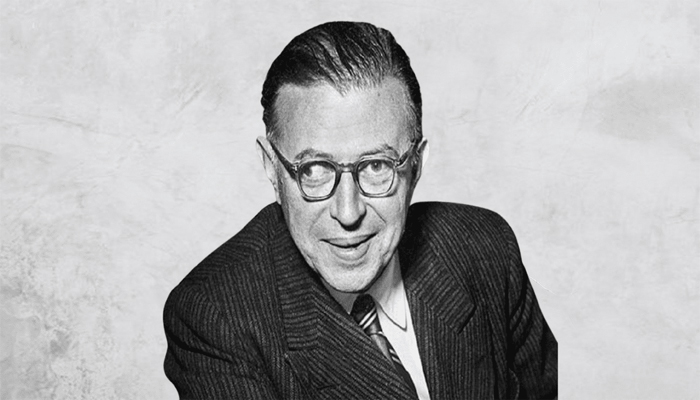NewDelhi: Achieving the Nobel Prize is considered an accomplishment worldwide that many aspire to attain in their lifetime; however, there have been isolated cases where individuals have chosen to turn down this prestigious recognition on a global scale. Why would someone refuse what is commonly viewed as the pinnacle of success? Enough; such refutations have not occurred once but twice in the annals of Nobel’s legacy. Once in the realm of literature and another instance, within the domain of peace. On the anniversary of Alfred Nobel’s passing. The innovator whose memory lives on through these awards. Let’s take a moment to reflect on the tales of Jean Paul Sartre and Lê Đức Thọ, the individuals who declined the coveted Nobel Prize.
“The Individual Responsible for Establishing the Nobel Prize”
Alfred Nobel was born in Stockholm on October 21st, 1833. He was an individual who excelled as an inventor and entrepreneur besides being a writer of poetry and plays, his most famous creation being dynamite, with a total of 355 patents to his name.
On the 27th of November in 1895—a year before he passed away—Nobel penned down his wishes in Paris by declaring that his fortune should go towards establishing five yearly awards in the fields of physics, chemistry, medicine, literature, and peace with the noble objective of recognizing individuals whose contributions have made a significant positive impact on humankind.
The inaugural Nobel Prizes were granted in 1901. Have evolved into an emblem of remarkable success over time. Yet the narrative behind the Nobel Prizes is not solely centered on recognition—it also comprises captivating anecdotes of dismissal and declining offers.
Jean Paul Sartre, the philosopher who turned down the Nobel Prize in Literature.
In the year 1964, Jean Paul Sartre, the philosopher and existentialist thinker, received the Nobel Prize for Literature. Unexpectedly, Sartre caused a stir by declining the award.
Sartre made his choice based on his convictions and beliefs that he had held for a long time. He made the decision not to be swayed by any official accolades or awards because he felt that such recognitions would undermine a person’s freedom and independence. Accordingly stated by Sartre himself, accolades transform writers into establishments. A notion that clashed with his values of liberty and self-governance.
The Nobel Committee was disappointed by Sartre’s decision when he firmly rejected both the prize and the associated monetary reward—an act of defiance that continues as a moment in history.
Lê Đức Thọ, from Vietnam, became the individual to decline a Nobel Prize award in history. The Peace Prize was given to both Thọ and Henry Kissinger in 1973 for their efforts in brokering the Paris Peace Accords aimed at achieving a truce in the midst of the Vietnam War.
Kissinger agreed to accept the award given to him while Lê Đức Thọ declined it, citing that true peace was still elusive and accusing the United States of breaching the ceasefire agreement that resulted in destruction during the Vietnam War—a conflict known for its devastation to his country—seen as a form of protest against what he perceived as unfair actions.
Nobel Prize Refusals Due to Pressure: Exploring Adolf Hitler’s Influence
Sartre and Thọ chose not to accept the Nobel Prize on their own accord, while in cases throughout history individuals were pressured by their governments into turning down the prestigious award; for example, during the reign of Nazi Germany, when Adolf Hitler prevented three German Nobel laureates from receiving the honor.
Richard Kuhn received the Nobel Prize in Chemistry in 1938.
In 1939, the prize was given to Adolf Friedrich Butendand for chemistry and Gerhard Domag for physiology or medicine.
Hitler blocked all three individuals from receiving their awards because the Nazi regime distrusted and disdained the Nobel Prizes at that time. Although the winners were eventually permitted to receive their Nobel diplomas and medals. They were not given the rewards that came with them.
“A Tradition of Values Beyond Status”
The stories showcase the Nobel Prize. A symbol of accomplishment. Has, at times, clashed with beliefs or political circumstances of individuals involved in its reception history; be it Sartre’s principled refusal or Thọ’s peace-driven protest and the forced rejections during Hitler’s era, shows that even prestigious awards are entangled in the intricate web of human values and global politics.



Comments are closed.